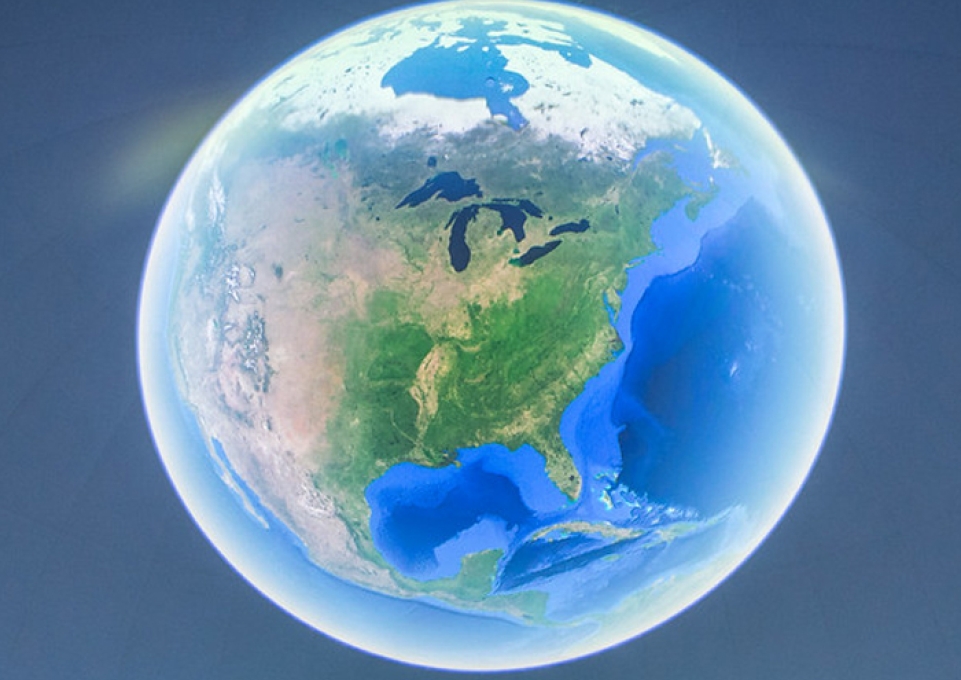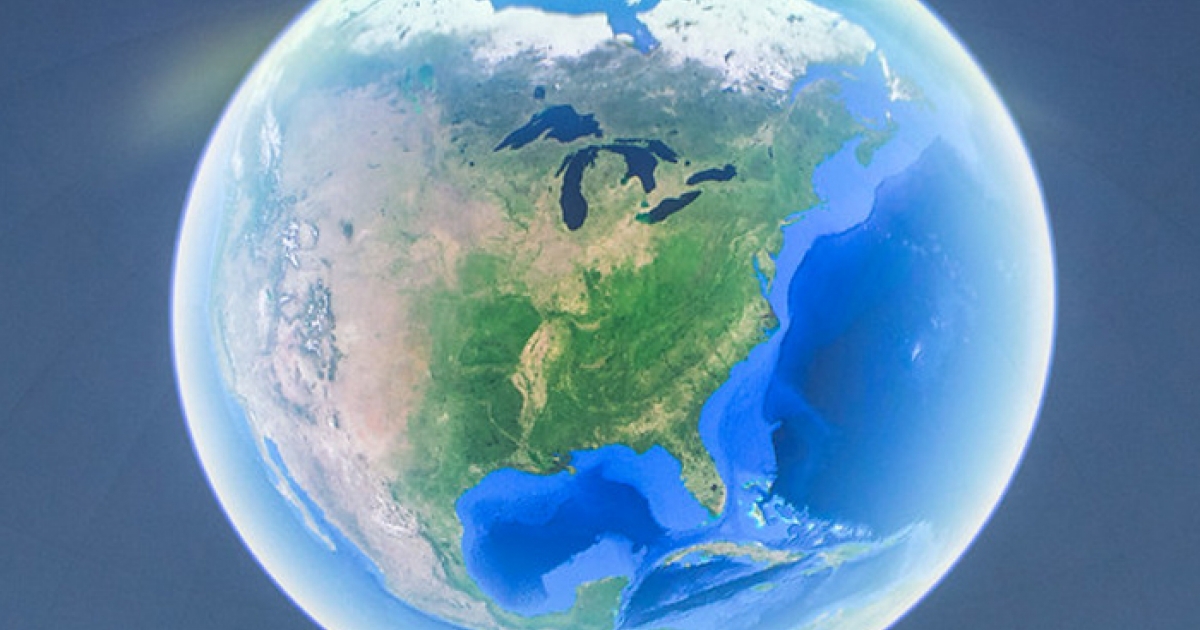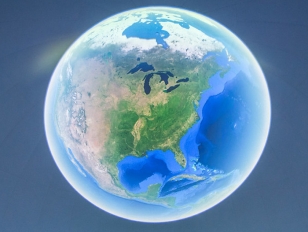
Students and professionals looking to advance in environmentally based fields now have the option of completing an undergraduate certificate program in environmental science and society at Buffalo State College.
The program aims to teach students how to use problem-oriented, interdisciplinary approaches to identify, understand, and begin to address complex environmental issues—such as industrial waste, deforestation, or rising sea levels—from a societal perspective. The curriculum covers the ethical, social, and historical context of the problems and the associations between natural and human-made systems.
Coursework spans a number of subject areas, including geography, biology, chemistry, history, and philosophy. The certificate requires 18–20 total credit hours, with four required courses, including PHI 113: Environmental Ethics, which explores the moral implications of human’s impact on the environment, touching on areas like sustainability, environmental justice, preservation, and the value of species.
“Today’s environmental problems require people working in environmental disciplines to consider a variety of perspectives,” said Kelly M. Frothingham, associate dean of the School of Arts and Sciences. “This interdisciplinary program will expose students to many of those perspectives. The program includes courses from across the arts and sciences, and it will bring students and faculty together to consider environmental issues in innovative and creative ways.”
“Today’s environmental problems require people working in environmental disciplines to consider a variety of perspectives. This interdisciplinary program will expose students to many of those perspectives.”
The program will be offered for the first time this fall, said Elisa Bergslien, associate professor of earth sciences and science education and the certificate program’s coordinator.
“This is a great opportunity for campus and students in the community,” she said.
In general, certificate programs can be included in a bachelor’s degree or pursued independently, making them an attractive option for both students and working professionals interested in focusing on a specific area or topic.
“Current Buffalo State students in any major can enroll in the certificate, and people can enroll in the certificate as a stand-alone program,” Frothingham said. “This allows people to attend Buffalo State to learn new skills or hone existing talents that may open up job opportunities or allow them to advance professionally.”
The certificate is the first formal program of the Environmental Studies Interdisciplinary Unit, Bergslien said. It’s designed for anyone looking to expand their knowledge of environmental issues. If a communications student wants to write about climate change authoritatively, for instance, the certificate can provide the background to do that.
“It’s meant to really help a variety of people,” she said. “That’s why it’s called environmental science and society. It gives you a background in the science aspect, and also in the policy and social aspects.”
“This program is the result of many years of hard work by faculty from across the campus,” Frothingham said. “The faculty working in the Environmental Studies Interdisciplinary Unit were committed to creating a program that will introduce students to multiple disciplines and viewpoints in the environmental field.”
Bergslien is currently recruiting students who may have an interest in the certificate. The program makes sense for Buffalo State, she said.
“This college has a pretty deep background in environmental science and environmental social work.”
Projection of Earth by Buffalo State's Whitworth Ferguson Planetarium.
Photo by Bruce Fox, campus photographer.



